
Tensions rise as Uganda refugee policy is pushed to breaking point
Dazed and exhausted, Joyce Mori sits on the floor cradling her sleeping daughter as they wait to have their fingerprints taken. One of 1,600 refugees who have arrived at the Imvepi reception centre in the West Nile region of northern Uganda, she has finally made it out of South Sudan’s war but, like many others, is thinking about loved ones left behind.
Leaving her village of Mukaya, she travelled to the town of Yei with her four children. From there it took eight days to walk to the border, pushing her three-year-old on a bicycle while the others followed on foot.
"My husband is a soldier and was forced to stay and fight. I have no hope he will find us here,” she said. "I came only with some cooking utensils. I don’t know what to expect and I have no money to do anything.”
The latest arrivals report snipers at the border are now targeting anyone trying to flee. Packed buses arrive every 15 minutes carrying those who have made the crossing safely. Most are women and children but there is a new wave of young men leaving to avoid conscription and considered traitors by those loyal to the regime.
Global development - The Guardian How do you solve half a century of bloodshed in Colombia? – podcast
After the civil war that claimed 250,000 lives ended with last year’s accord, Lucy Lamble investigates how Colombia’s communities plan to build lasting peace
Among them is 29-year-old Gideon, whose family was ambushed on their journey by armed men. His eyes brim with tears as he stares down at his red flip flops, dusty but intact after four days of walking. "We left everything to start a new life here. On the way men came and took all our cows. They were all we had.”
Weary families move in orderly lines from one tent to the next, the various stages of bureaucracy. Others stand patiently in queues waiting for a hot meal. Aid workers are diligently catering for the influx but the pressure is mounting. Imvepi opened in December but already 60,000 people have registered with a further 20,000 still to receive their identification cards.
Uganda is now home to 1.25 million refugees, including 898,000 South Sudanese who have fled civil war and famine. For years a progressive policy allowing refugees to obtain a plot of land, start businesses and access healthcare and education has proved a godsend for people from Uganda’s unstable neighbours.
The compassionate approach, dating back to the 2006 Refugee Act, is not purely altruistic. Entrepreneurial incomers helped the economy while new settlers provided larger markets for existing businesses. Those on both sides of the border tend to be from the same tribe and share a language and relations have been good, with the mutual benefits of improved infrastructure often funded by foreign donors.
But now the unprecedented influx from South Sudan, coupled with food shortages, drought and high unemployment, means that hospitality is waning, especially in some areas where refugees now outnumber the indigenous populations.
Isabelle D’Haudt, an adviser on humanitarian aid with the European commission, said while integration has proved successful in the past, the cracks are starting to show. "Host communities that have shared their land have benefited from new schools and health centres. But expectations are not always met and we are seeing increasing tensions as refugees and locals compete for services and natural resources.”
She added: "The crisis is a financial one – the framework is there but we need funding to provide better facilities – we can’t work miracles without money.”
And there are signs that the largely peaceful climate is coming under threat. In the border town of Lamwo, landowners are resisting the relocation of refugees. Politicians have been stoking tensions by inciting locals to demonstrate in the camps or hamper the delivery of aid. Last month armed youths ambushed a convoy in an attempt to stop supplies reaching the settlements.
D’Haut said: "It only happened once but it is a warning of what could come without more money to ease the pressures.”
South Sudanese have been fleeing since relations broke down in December 2013 between President Salva Kiir and his former deputy Riek Machar, igniting a civil war. It has forced in excess of 3 million people from their homes, with Uganda shouldering the bulk. At first the numbers were manageable.
However, since renewed fighting in Juba in July 2016, almost 627,000 people escaping indiscriminate killings, looting, burning of houses, torture and rape by both government and opposition forces, have crossed the border. The violence has become increasingly sectarian and warnings of impending genocide are fuelling the exodus. Between January and April this year, more than 227,000 South Sudanese arrived in Uganda compared to just over 29,000 during the same period in 2016. Of those, 65% are under 18.
Aid workers at Imvepi say the arrivals coming through are increasingly vulnerable. Reka Farkas, a UNHCR field worker, said more people are fleeing due to famine declared in parts of South Sudan in February. "Around a fifth of children are suffering from malnutrition [and] the figure is rising,” she said.
Imvepi includes 1,270 temporary shelters designated for vulnerable women and children, many of whom carry the scars of gender-based violence.
Back home in Kajo Keji, Lilian Woro, 40, was working on her crops, sweet potatoes and maize, alongside her husband when he was abducted by armed men. She ran with her sister and three children but on their way to the border they were attacked. The mother of three cried as she described how her sister was murdered. "We were chased by gangs and we ran but she couldn’t get away. They cut her private parts and killed her. After the attack we moved only at night and took to hiding during the day.”
Traumatised by the killing and with no news of her husband, Lilian struggles on for her children. "I want them to go to school but at the moment the nearest one is too far for them to walk.”
Women and children comprise 85% of Uganda’s total refugee population. Many are at the Bidi Bidi settlement in Yumbe, which opened in August last year and expanded at such a rate it was soon home to more than 272,000 people, becoming the world’s biggest refugee camp.
For as far as the eye can see across the semi-arid savannah, mud walled huts with thatched roofs are interspersed with more temporary tarp-covered shelters. Until recently refugees were provided with 100m x 100m plots but this has been reduced to 30m x 30m to cope with demand. In theory each household should have the resources to carry out kitchen gardening on their doorstep but fertile land is scarce.
Ariye Floria, 22, arrived at Bidi Bidi from South Sudan three months ago. Gesturing to the scrubland behind her she explains: "I have a small plot here but this place is covered in rocks, there is nowhere to dig. We need help.”
Having reached capacity the camp is now closed to newcomers but for the refugees already installed, and those working to accommodate them, the work is only just beginning. Plans include the creation of new schools and health services but without the required funds projects are stalling.
The relief budget required to meet the needs of Uganda’s refugee crisis stands at £744m but aid groups have received only 10% of that sum. The European commission has allocated £38.3m in 2017 to address the emergency but the sheer scale of the crisis means more help is needed from the international community.
With the aid operation comes the benefits of jobs for members of the host communities but also problems. In the town of Arua, hotel receptionist Suzanne Elimasia said her company won the tender to carry out construction work at Bidi Bidi, building schools and latrines.
The 27-year-old added: "The refugees are generating jobs for some but not everyone is happy. In Yumbe there is a food shortage and prices have been pushed up. Many locals feel they do not benefit from the work of the NGOs.”
Meanwhile environmental pressures are mounting. As more settlements pop up the number of trees being cut down is increasing and locals say they are having to travel further to find firewood.
Nearly 200 miles south, refugees at the Kiryandongo settlement say they have been watching as their crops slowly die of thirst. Dishing out a rare meal of beans to her siblings, Eroda Peter says: "We like Uganda because the soil is fertile and we can eat and dig. But we are suffering from lack of water.”
Monica Abau, 37, from Yei, said the food rations used to be distributed more regularly but now come every 10 days.
"When my children get hungry they go to someone else’s plantation and take what they can find. I’ve had people trap my children and call them thieves.”
In the same settlement there has been bloodshed along the same ethnic lines drawn out back in South Sudan. One family said a refugee from the Nuer tribe was murdered at a borehole after a fight over water broke out with a group of Dinkas. The settlement officer, Joel Nabugere, said: "We’ve been enjoying good relations and not had many clashes but recently there have been heightened tensions.”
The EU’s ambassador to Uganda, Kristian Schmidt, told reporters at a briefing in Kampala last week that it was only a matter of time before more violence spilled into the refugee settlements.
"What you see,” he said, "is a civil war which is breaking down along ethnic lines. You can’t just leave those grievances at the border so there are going to be increasing security challenges.”
Despite the state of emergency there are no indications that the Ugandan government will consider closing the borders.
"Uganda is the Germany of east Africa,” said Schmidt. "All the top members of government have been refugees so their inclination is to say these South Sudanese are our brothers. The policy has always been, let them in.”





 0
0 
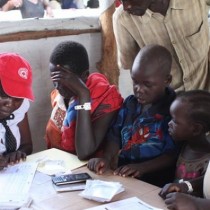

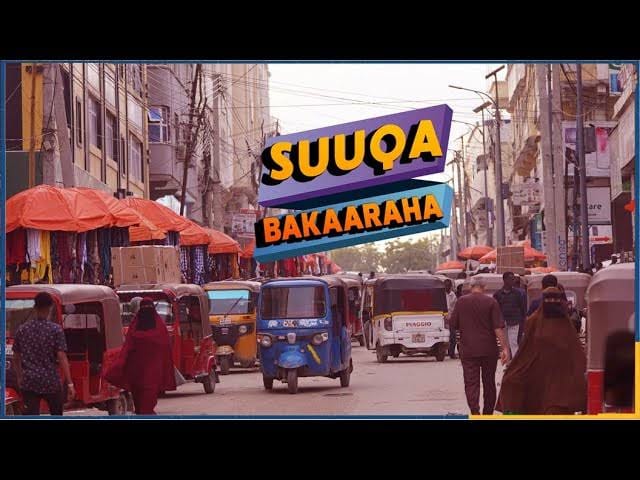
![[Topnews:-] Sarkaalkii Muqdisho ka Afduubtay Saraakiishii Sirdoonka Faransiiska oo Mareykanka u tahriibay.](https://waagacusub.com/uploads//article/photo/IMG_D12C79-B2F5AF-B6B07C-E7F3AC-96251A-E9123F.jpeg)
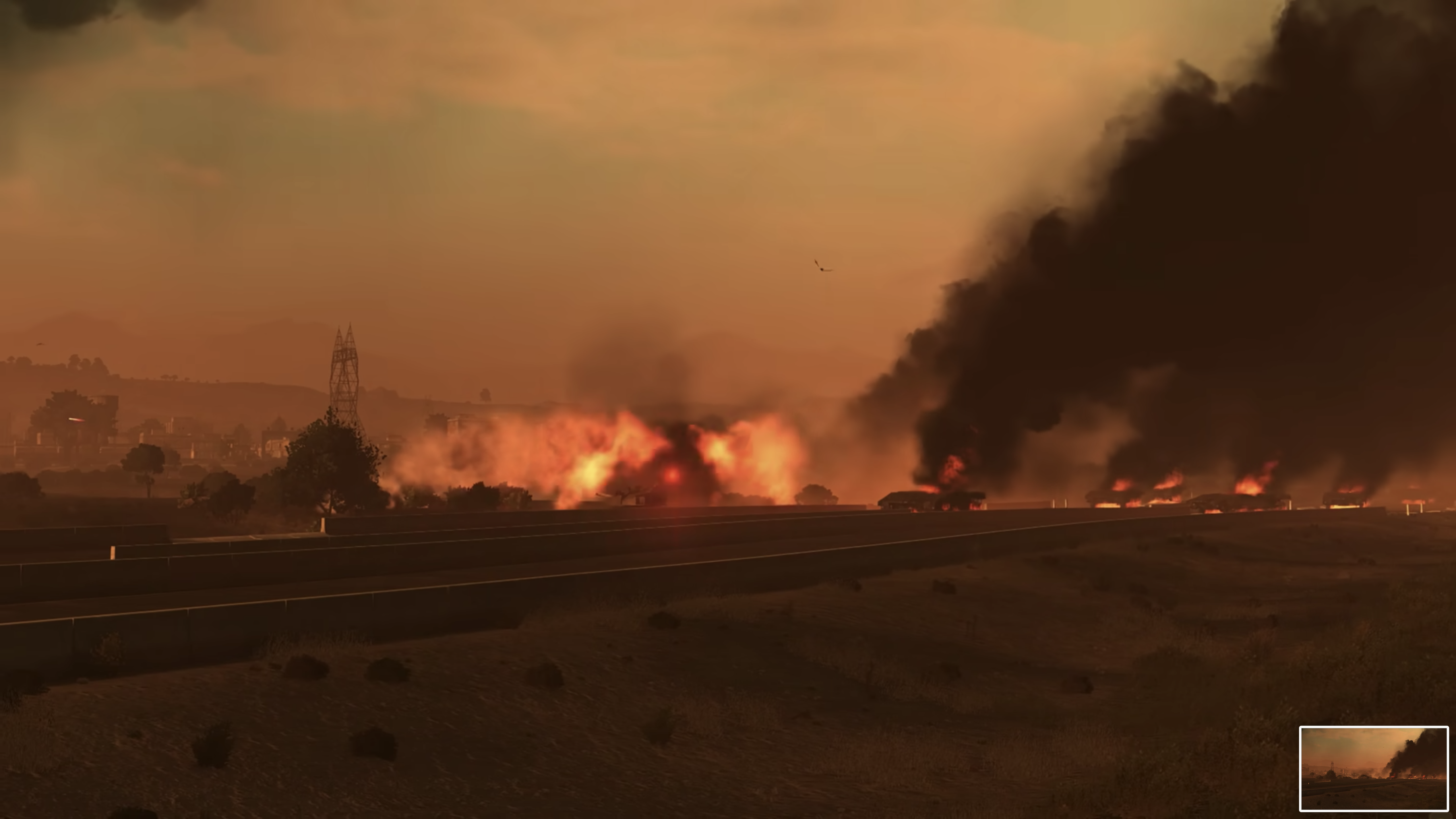

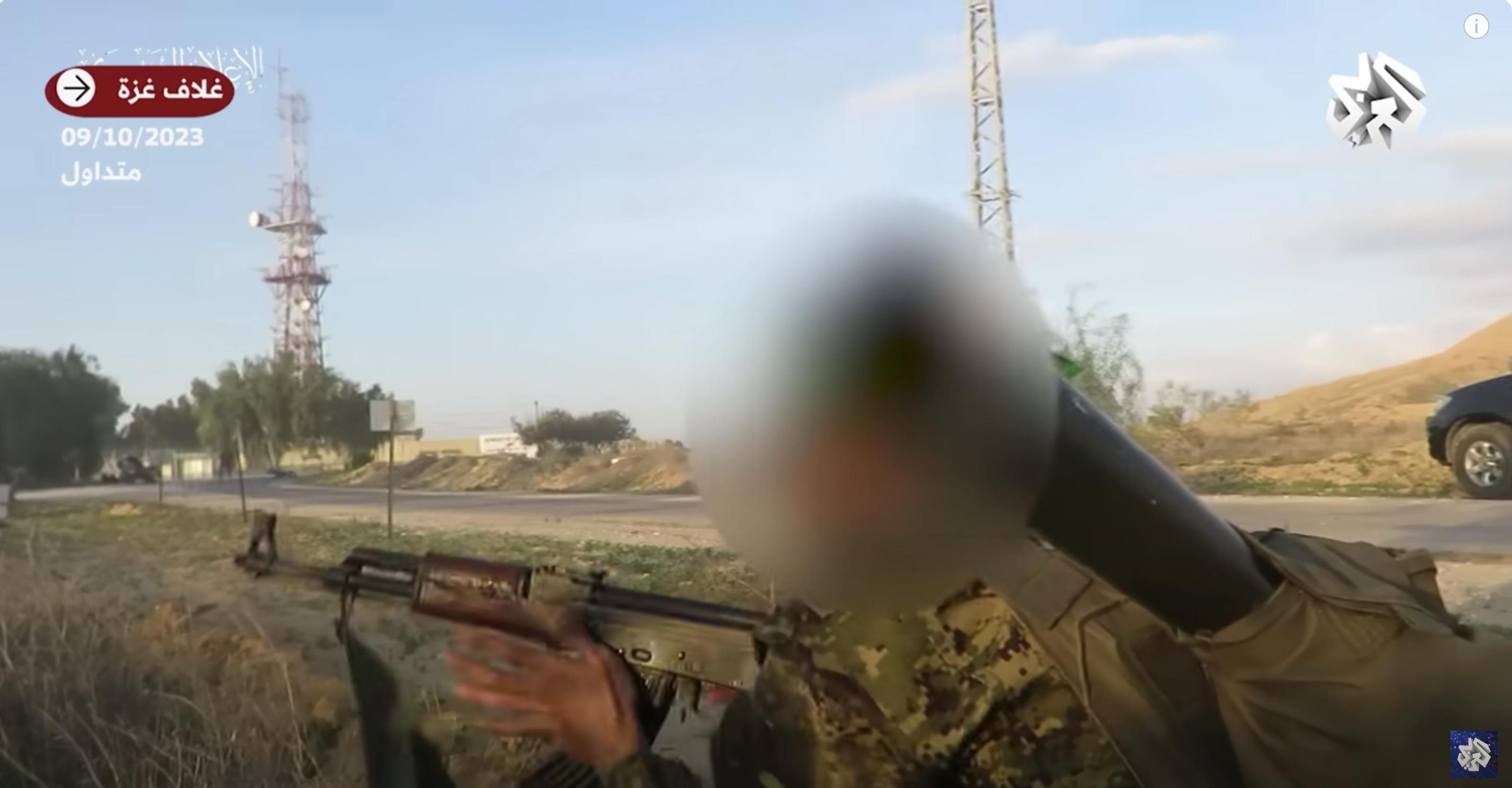
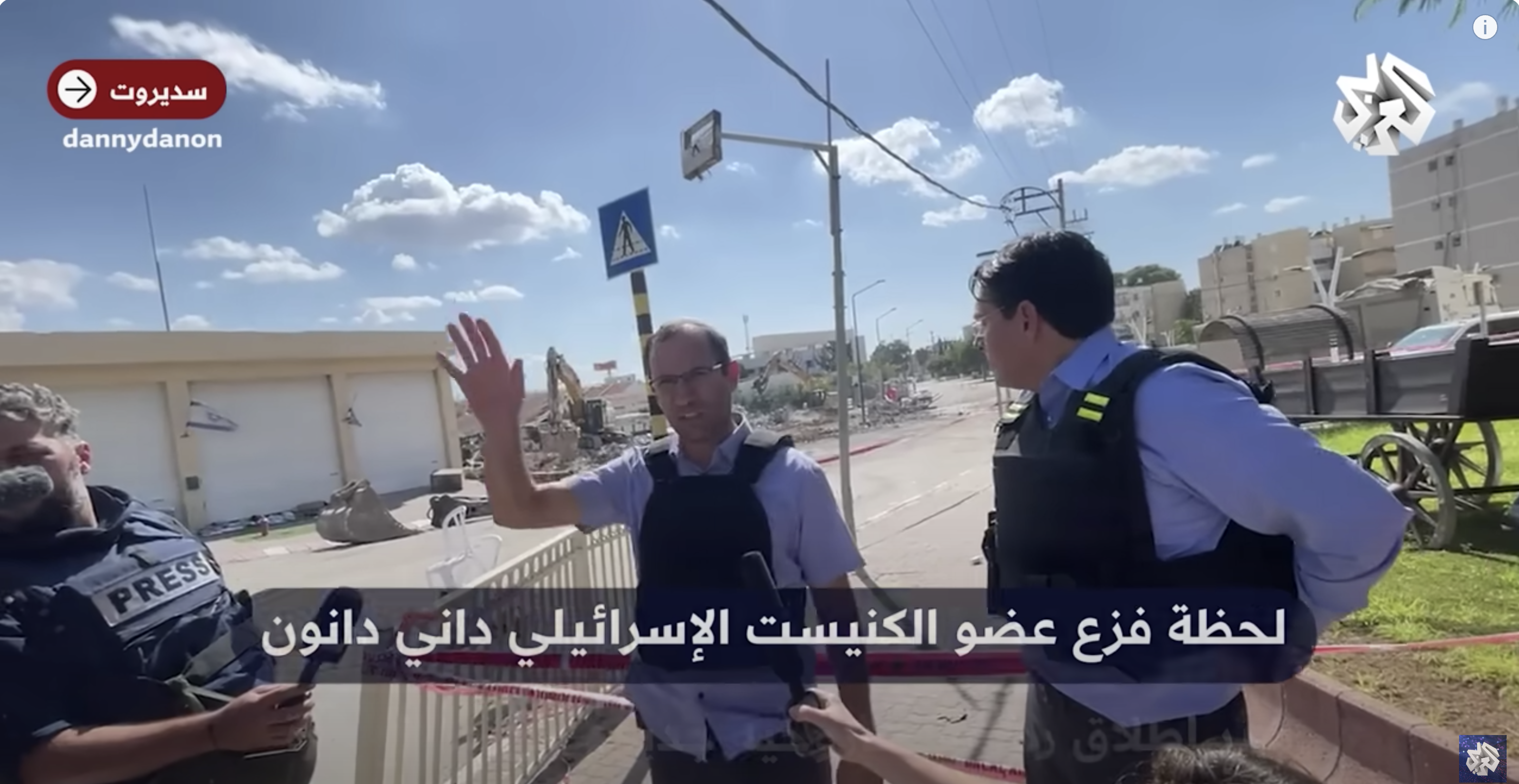
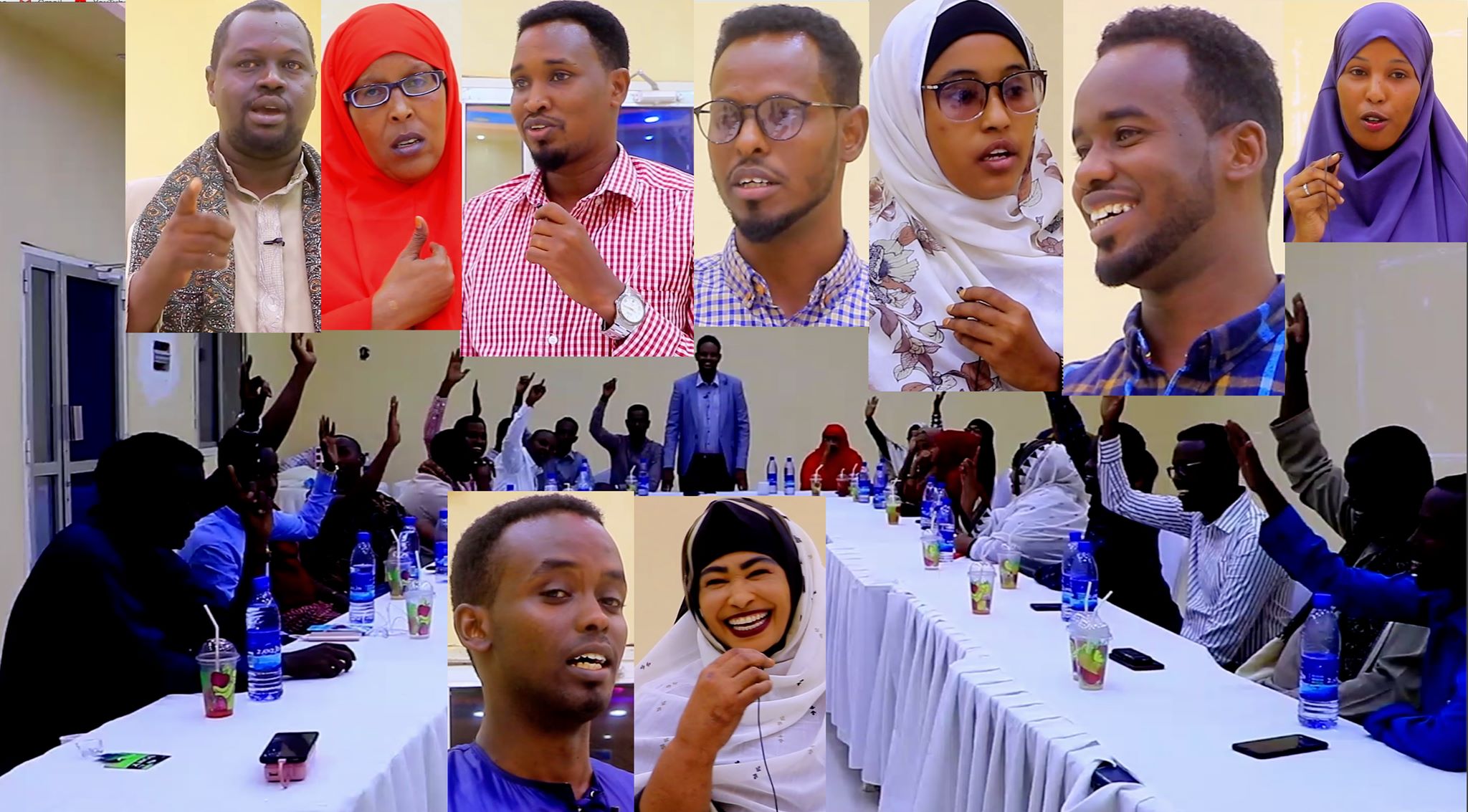
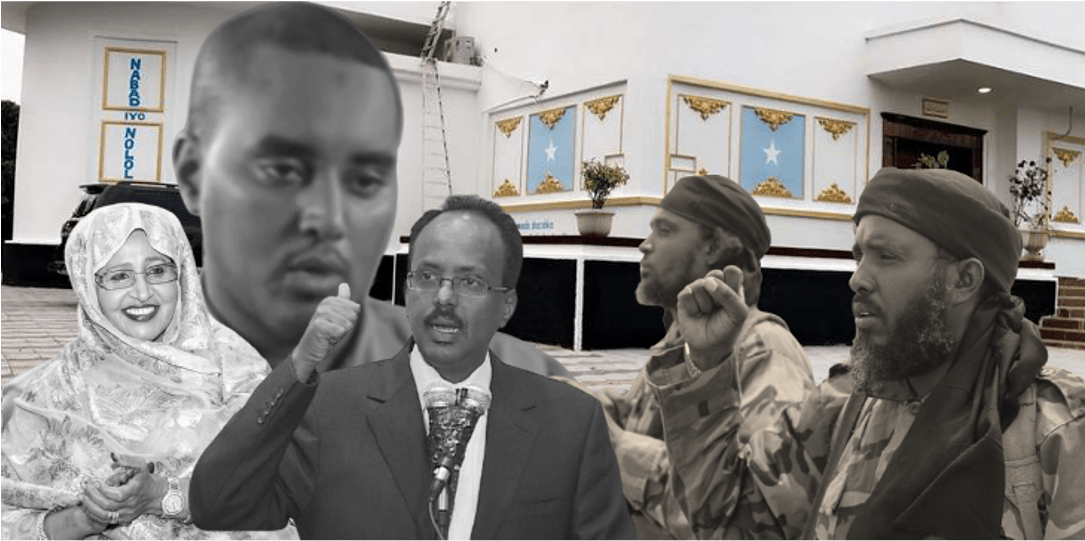
![[DAAWO] Dahir Alasow muxuu ka yiri Arooska Saadaq Joon iyo gabadha Madaxweynaha Jibouti](https://waagacusub.com/uploads//article/photo/IMG_A85D69-E46491-EB949F-F75713-195F22-880C48.png)
![[DAAWO] Gabadh aan Aabbe iyo Hooyo laheyn kadibna seddex Caruura lagu furay maxaa ku dhacay ?](https://waagacusub.com/uploads//article/photo/IMG_418075-E7A0C5-2FE6EA-C581B5-C9940B-8CE1BE.png)
![[DAAWO] Qabiilka ugu fulaysan uguna faanka badan Somalida oo shacabka Soomaaliyeed cabirayaan?](https://waagacusub.com/uploads//article/photo/IMG_444F4F-0F2704-1B7D7E-D109A0-B778B0-E4602B.png)
![[Daawo] sidee loo dilay Amiirka Shabaab iyo Wiilka xasan Dahir - Wararka qubanaha Dahir Alasow](https://waagacusub.com/uploads//article/photo/IMG_732422-B87120-7AB730-3E00E9-27DE0A-43CC94.png)
Tensions rise as Uganda refugee policy is pushed to breaking point
WAAGACUSUB:-